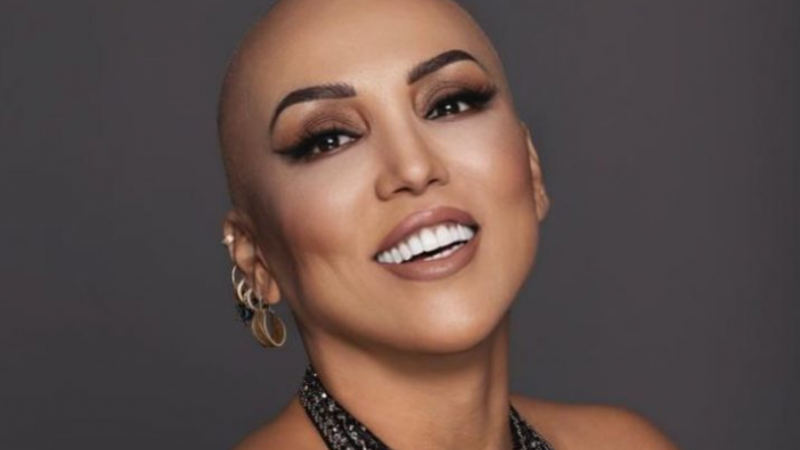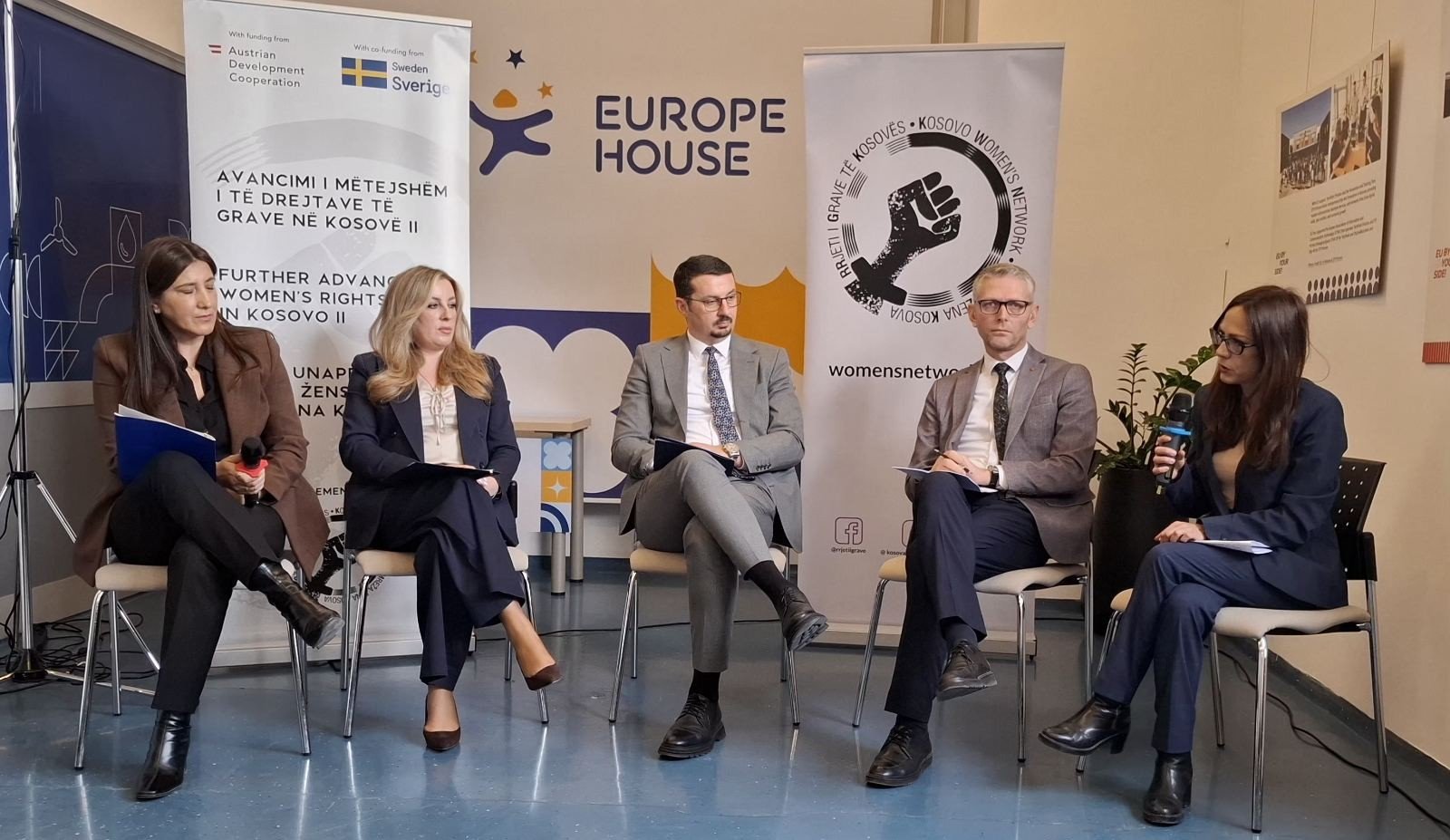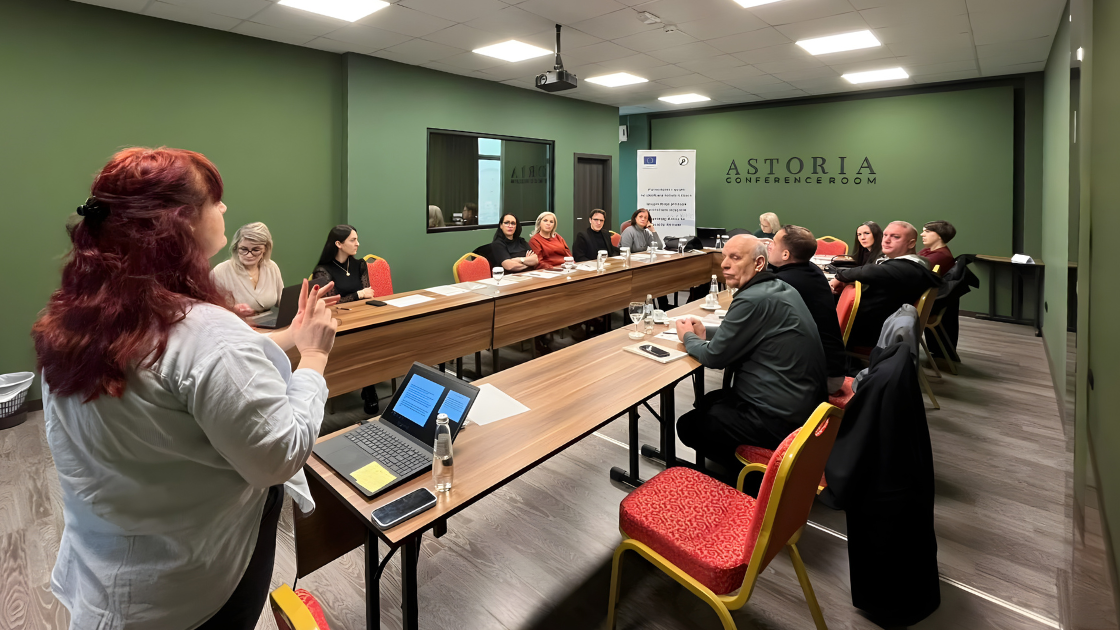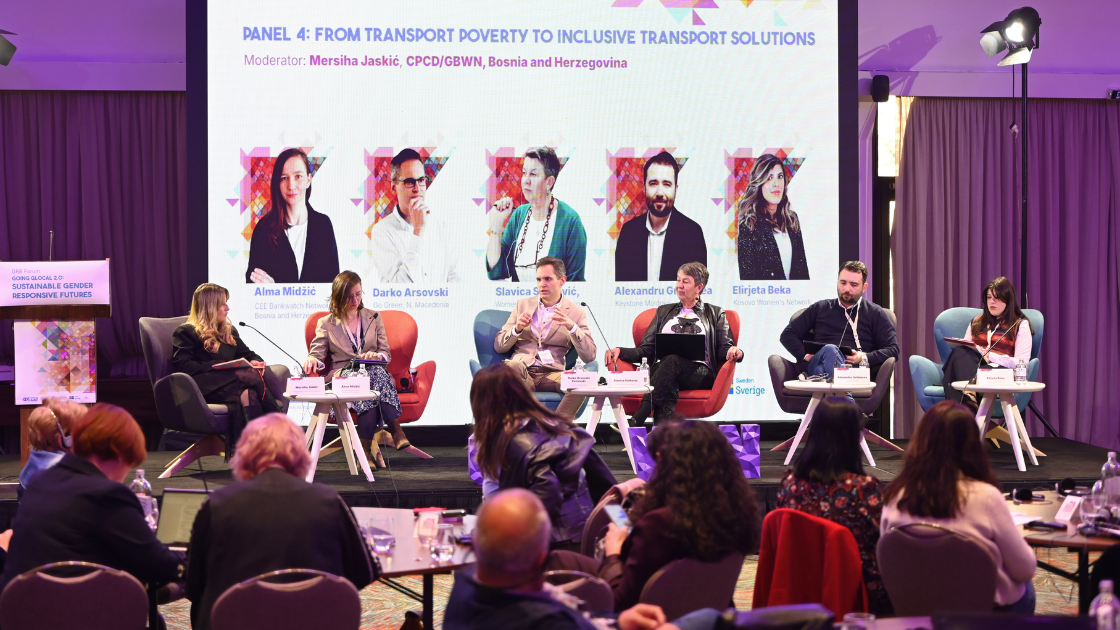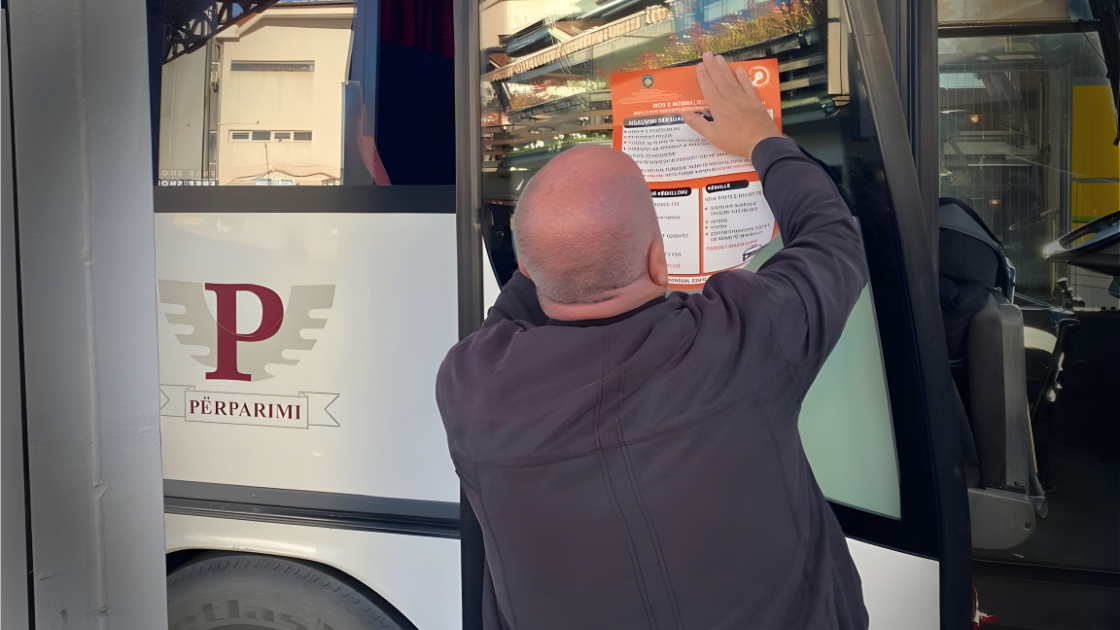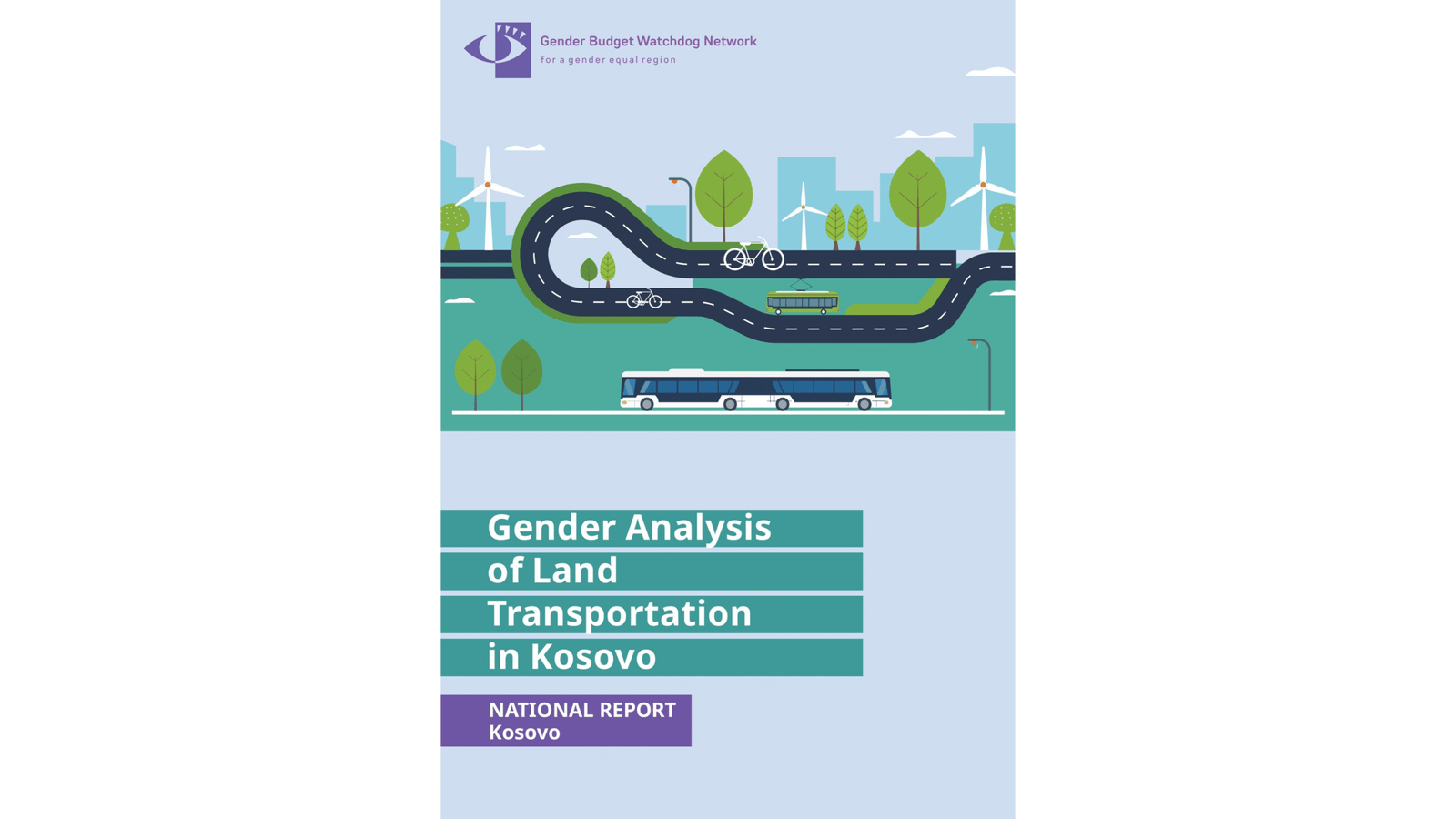A strong woman and an icon of Pristina, always smiling and energetic, with an avant-garde style, and full of passion for film—this was Vjosa Berisha. She left deep traces not only in the field of art but also in her advocacy for women’s rights, firmly believing in inclusiveness and equal opportunities.
For girls and women, she served as a model for breaking stereotypes and taboos, paving the way for dreams to come true regardless of the circumstances. With her departure, her dreams were cut in half, but the immeasurable legacy she left behind continues to motivate young women and men.
She was a well-known and much-loved figure in Kosovo’s cultural community, actively engaged for over two decades in public relations and the film industry. Remembering her as an innovator and avant-garde in society, her friend Shqipe Breznica emphasized that she was first and foremost a friend with a big heart.
“Vjosa has made a significant impact in advancing the position of women in society, as well as in the fields of art and cultural diplomacy through her initiatives to promote Kosovo on the international stage. Vjosa had no limitations in her mindset; she was genuinely open to conversations and different opinions, strongly advocating for inclusiveness and equal opportunities,” she said.
She held degrees in media and diplomacy from the University of Westminster and the University of Malta, but her scope extended far beyond that. Through her organization B2, she brought a new dimension to public relations on the eve of Kosovo’s independence in 2008.
Any project bearing her seal was destined to be successful. Vjosa’s husband, Fatos Berisha, confirms this as he discusses the PriFest festival, which they founded together.
“It has left a great void, not only on an emotional level but also professionally. Vjosa Berisha was the driving force, the locomotive of this festival. For this edition, we have gathered a team of over 40 people, and we are barely managing,” said Berisha about organizing the first PriFest festival without Vjosa.
The festival served as a promotional platform for young filmmakers, featuring the ‘PriFORUM’ program that facilitated connections between aspiring cinematographers and industry experts. In 2022, the festival was dedicated to Vjosa with the motto “For Her” and “Vjosa Forever.”
Throughout her career, she created the film “The Flying Circus” in 2019, where she served as a producer, followed by “The Happiness Effect,” a film she co-directed with director Borjan Zafirovski.
Vjosa Berisha’s filmography as a producer and executive producer includes a series of ten television programs for young people titled “Respect” and a series of six documentaries produced for UNICEF in Kosovo. She also organized the International Children’s Broadcasting Day (ICDB) on behalf of UNICEF. Additionally, between 2002 and 2004, she co-produced the children’s program “Sesame Street Workshop.”
Vjosa was not only an ardent fan of the Kosovo national team but also the initiator of the slogan “I, Your Daughter, Kosovo,” as discovered by the “Dardanët” fan group. She even created a subgroup within this fan base to represent women from different fields.
Despite receiving news of her cancer diagnosis, Vjosa became an inspiration for all those suffering from the disease. She frequently delivered motivational messages to women and their husbands who faced similar challenges.
Her passing marked a significant loss for the artistic scene in Kosovo over the past two decades. Many people in Kosovo will miss her energy, and her contributions to the Balkans will not be forgotten. Vjosa was born in 1972 and passed away in 2022.

